Nigeria’s President Bola Ahmed Tinubu GCFR delivered a powerful national statement during the General Debate of the 80th Session of the United Nations General Assembly (UNGA80), where he called for urgent reforms to strengthen multilateralism, ensure fair global representation, and address the pressing challenges facing humanity. Speaking under the theme “Better Together: 80 Years and More for Peace, Development, and Human Rights,” President Tinubu underscored the need for bold action in the face of global insecurity, economic hardship, climate change, and technological disruption.
In his address, Tinubu reminded world leaders that the United Nations was born from the ashes of despair to unite humanity against chaos and division. He stressed that the relevance of the UN depends on its ability to adapt to current realities rather than remaining bound by structures created in 1945. Highlighting the slow pace of progress on perennial issues such as nuclear disarmament, small arms proliferation, access to trade and finance, and persistent conflicts, Tinubu warned that unless real change is made, faith in multilateralism risks further erosion.
Central to his message was Nigeria’s demand for a permanent seat on the UN Security Council, a move he said is long overdue. He reminded the Assembly that when the UN was founded, Nigeria was a colony of 20 million people absent from global decision-making. Today, it is a sovereign nation of over 236 million citizens, projected to become the world’s third most populous country. With its youthful population, regional leadership, and record of participation in over 50 UN peacekeeping missions, Nigeria, Tinubu argued, deserves representation at the highest decision-making body of the United Nations.
Tinubu also pressed for urgent reforms in the international financial system, calling for a binding mechanism to manage sovereign debt that would free emerging economies from dependence and the cycle of exporting unprocessed resources. He noted that despite decades since the Lagos Action Plan, Africa remains trapped in economic structures that perpetuate inequality. He called for debt relief, fair access to financing, and investment in local processing of resources as a pathway to peace and prosperity.
On climate change, the Nigerian President emphasized that it is not a distant or abstract issue but an urgent matter of security, migration, and development. He pledged Nigeria’s commitment to work closely with the UN to ensure climate funds are effectively utilized in education, resilient housing, technology access, and community development. Tinubu stressed that climate action must bring real dividends to vulnerable populations so they become part of the solution rather than victims of neglect.
Another key highlight of his speech was the call to close Africa’s digital divide. He urged world leaders, researchers, the private sector, and governments to work together in ensuring equitable access to technology. Tinubu warned that fake news, mistrust, and cynicism are growing threats, but insisted that with inclusive policies, artificial intelligence and emerging technologies can serve as tools for growth rather than instruments of inequality.
Touching on regional and global peace, Tinubu reiterated Nigeria’s unwavering commitment to combating insurgency and violent extremism. He reminded the Assembly that military tactics may win temporary battles, but values and ideas ultimately secure lasting victories. He condemned terrorism, intolerance, and hate while calling for peaceful solutions to global conflicts, including a two-state solution for Israel and Palestine. Tinubu stated firmly that human life must not be reduced to a bargaining chip in political disputes and urged the international community to uphold the dignity and rights of all people.
He further pointed to Africa’s vast mineral wealth as a potential driver of stability if managed fairly. Using Nigeria’s Niger Delta experience as an example, Tinubu stressed that communities must benefit directly from their resources through investment, local processing, and job creation, warning that exporting raw materials alone fuels inequality and instability.
Concluding his address, Tinubu reaffirmed Nigeria’s unshakable dedication to peace, multilateralism, human rights, and sustainable development. He reminded the Assembly that no nation is safe until all nations are safe, and urged world leaders to renew their faith in collective action. According to him, the UN must rise beyond words and deliver bold reforms that restore its credibility and relevance in a rapidly changing world.
President Bola Ahmed Tinubu’s UNGA80 speech was not only a call for reform but also a vision for a fairer, more inclusive, and peaceful world order, one in which Africa plays a central role in shaping the global future.


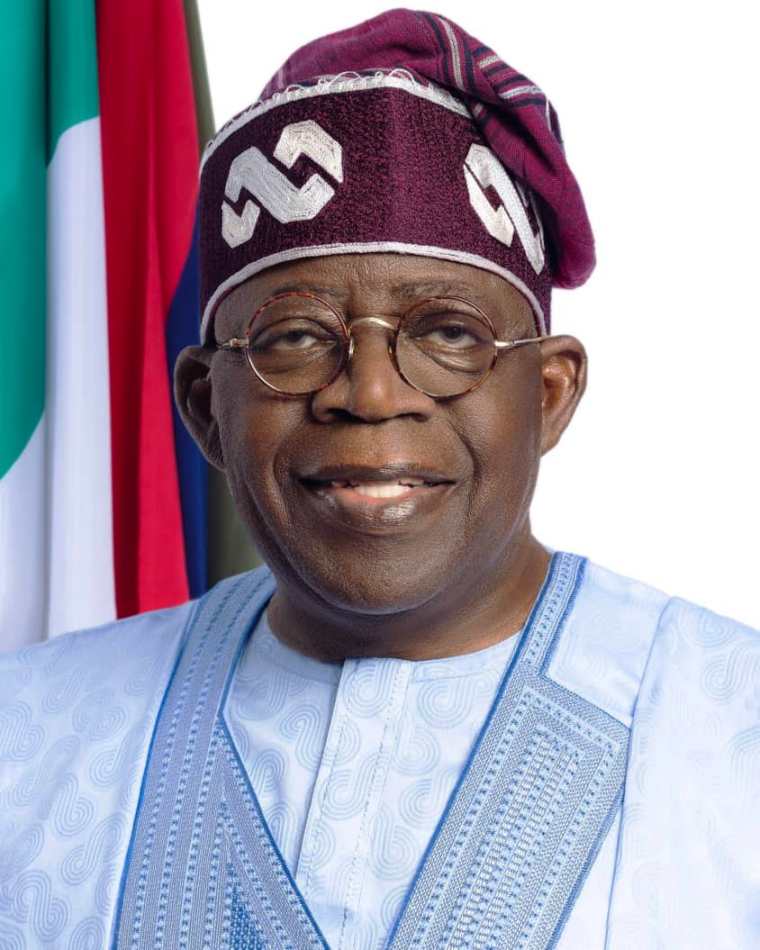
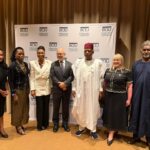
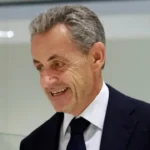


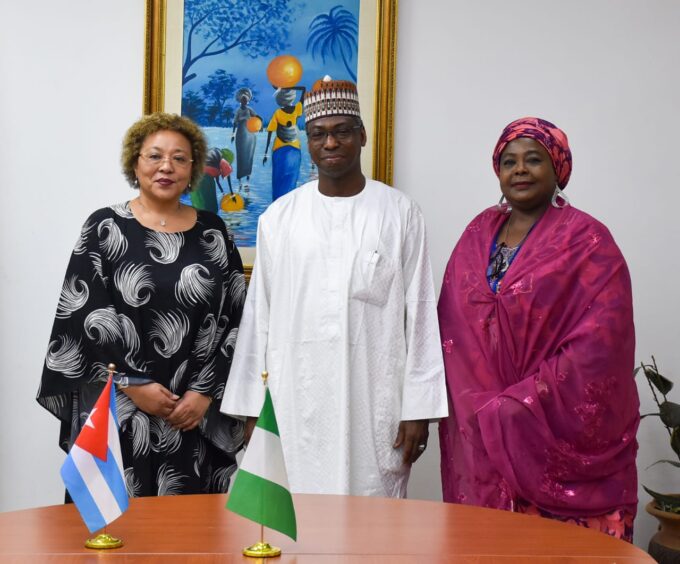
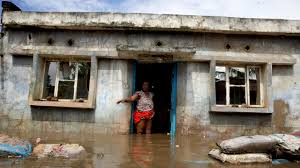

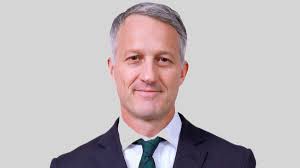
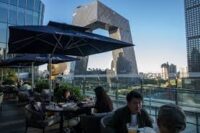
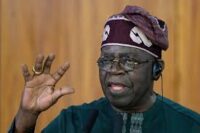

Leave a comment